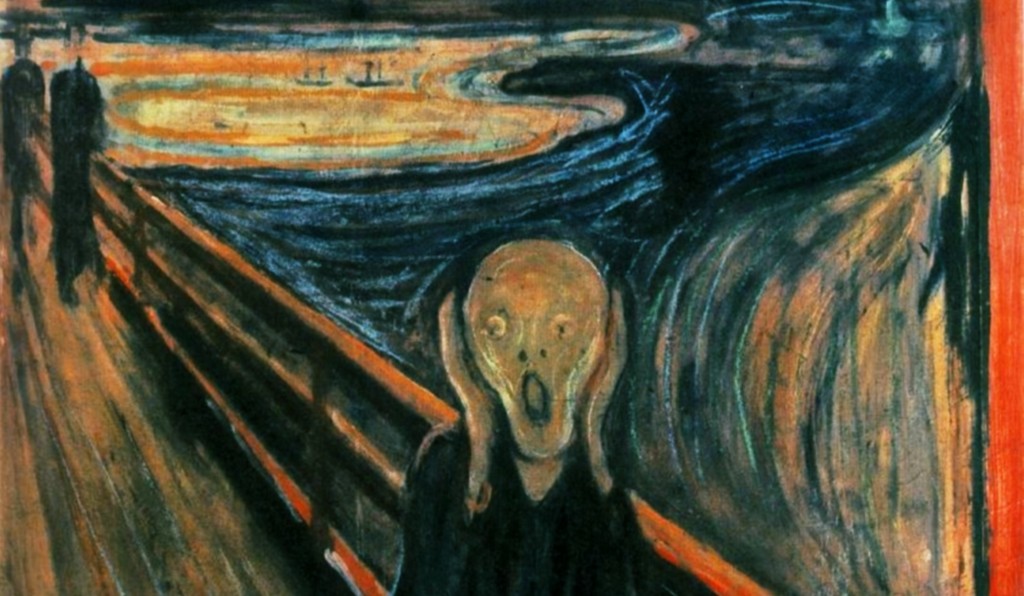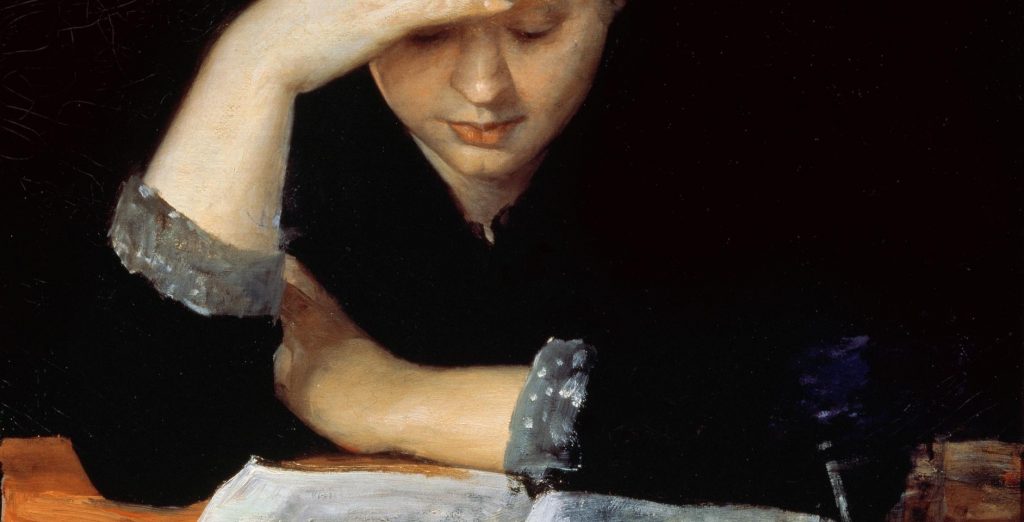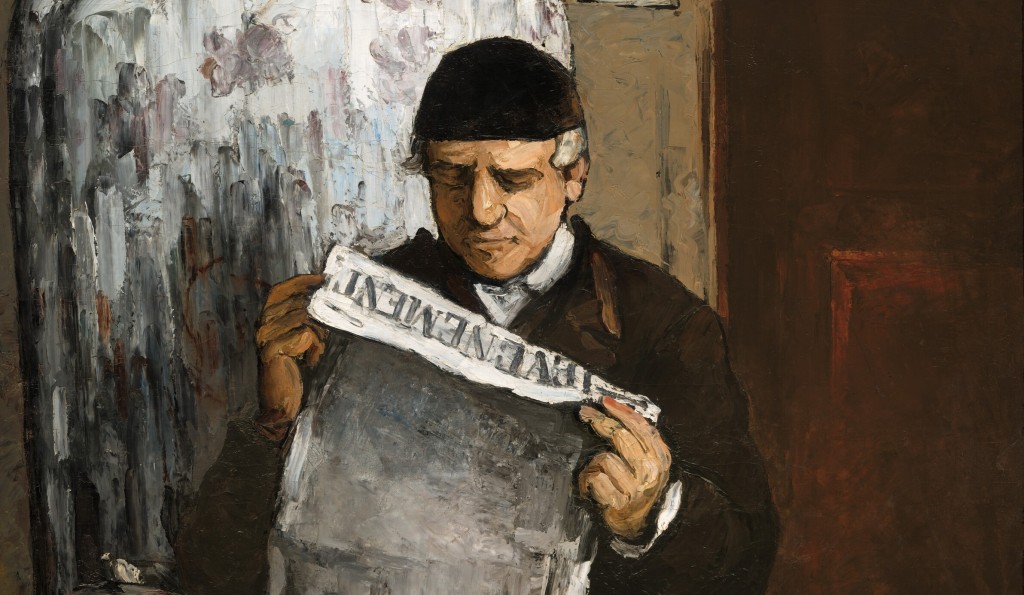
Nowhere to Hide: Hungary on the Front Line of Information War
There are mornings when you wake up to a war zone before you have even had your coffee. Not a front line in the physical sense, but on the screen in the palm of your hand: war, climate catastrophe, another scandal, another \"ultimate truth\" about who the enemy is, who to hate today. The news feed tells us that the world is burning, and at the same time, we should not even think about what to do about it.







![[CONFERENCE] Media Consumption Patterns and Media Landscapes in Illiberal Regimes [CONFERENCE] Media Consumption Patterns and Media Landscapes in Illiberal Regimes](https://4liberty.eu/phidroav/2022/11/MEDIA.jpg)


